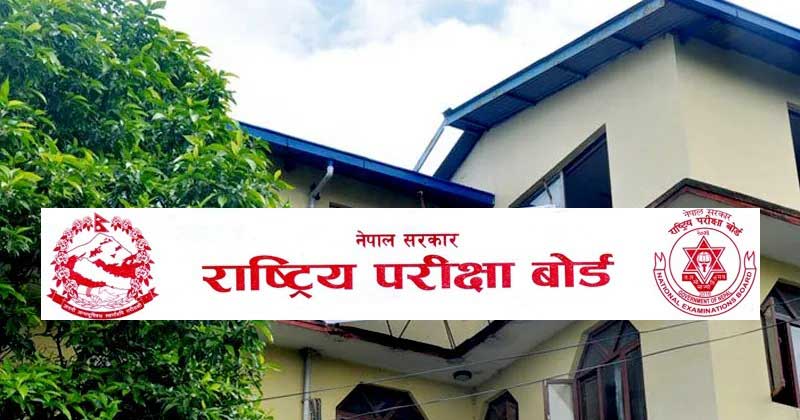
NEB Advocates for Retention of Class 10 (SEE) in Proposed Educational Reforms
The National Examinations Board (NEB) of Nepal has played a pivotal role in shaping the country's education system, particularly with its recent proposal to maintain the integrity and structure of the Secondary Education Examination (SEE) for Class 10. Upholding educational standards and focusing on the psychological well-being of students, the NEB emphasizes the need for timely examinations and curriculum revisions.
This approach not only reflects the board's commitment to quality education but also addresses the broader aspects of student development, including patriotism, skills, and employability. The involvement of parliamentarians and educational experts in the discussion underscores the collective effort to refine the educational framework, ensuring it remains relevant and comprehensive. This initiative by the NEB is a significant step towards enhancing Nepal's educational landscape, aligning with global standards and catering to the evolving needs of students in a dynamic world.
-
Current Examination System: The NEB, led by Chairman Dr. Mahashram Sharma, advocates for maintaining the current structure of the Class 10 (SEE) examination. The suggestion is to conduct these exams under the state government's purview, emphasizing the significance of these exams in the students' academic journey.
-
Frequency and Timing of Exams: A critical point raised by Dr. Sharma is regarding the frequency of external examinations. The NEB suggests that these exams should occur every two years, countering the bill's proposal for class 12 examinations to be held simultaneously with class 8 exams.
-
Impact on Students: There is a concern about the psychological impact on students if the board exam is not conducted in class 10. The NEB fears an increase in the failure rate in class 12, which could have significant consequences on student morale and academic progress.
-
Curriculum Development and Revision: The Director General of the Board's Curriculum Development Center, Baikunth Aryal, highlighted the ongoing process of timely curriculum revision. He emphasized the need to enhance the capabilities of local-level educators and the effective implementation of local and mother-tongue curricula.
-
Inclusion of National Values in Curriculum: Aryal also mentioned the importance of incorporating subjects related to the nation, nationality, and values into the curriculum. It is noted that curriculum changes occur every five years to stay relevant and comprehensive.
-
Parliamentarians’ Views on Curriculum: The meeting's attendees, including parliamentarians and NEB officials, stressed the curriculum's role in fostering patriotism, skills, abilities, and employability among students. They also called for an investigation into the possible correlation between curriculum and examination weaknesses and the migration of young people abroad.
-
Additional Curriculum Suggestions: There were requests to include topics such as communicable disease awareness, traffic rules, and social, cultural, and religious values in the educational curriculum.
-
Enhancing Education Quality: The meeting, chaired by Bhanubhakta Joshi, concluded with a unanimous agreement on the need to improve the curriculum and examination system. The aim is to ensure that school education is both quality and skill-oriented, preparing students effectively for their future endeavors.
This proposal by the NEB and the discussions held in the committee meeting reflect a deep commitment to enhancing the quality of education in Nepal. It underlines the importance of a well-structured examination system and a dynamic, relevant curriculum in shaping the country's educational landscape.
SEE NEB


